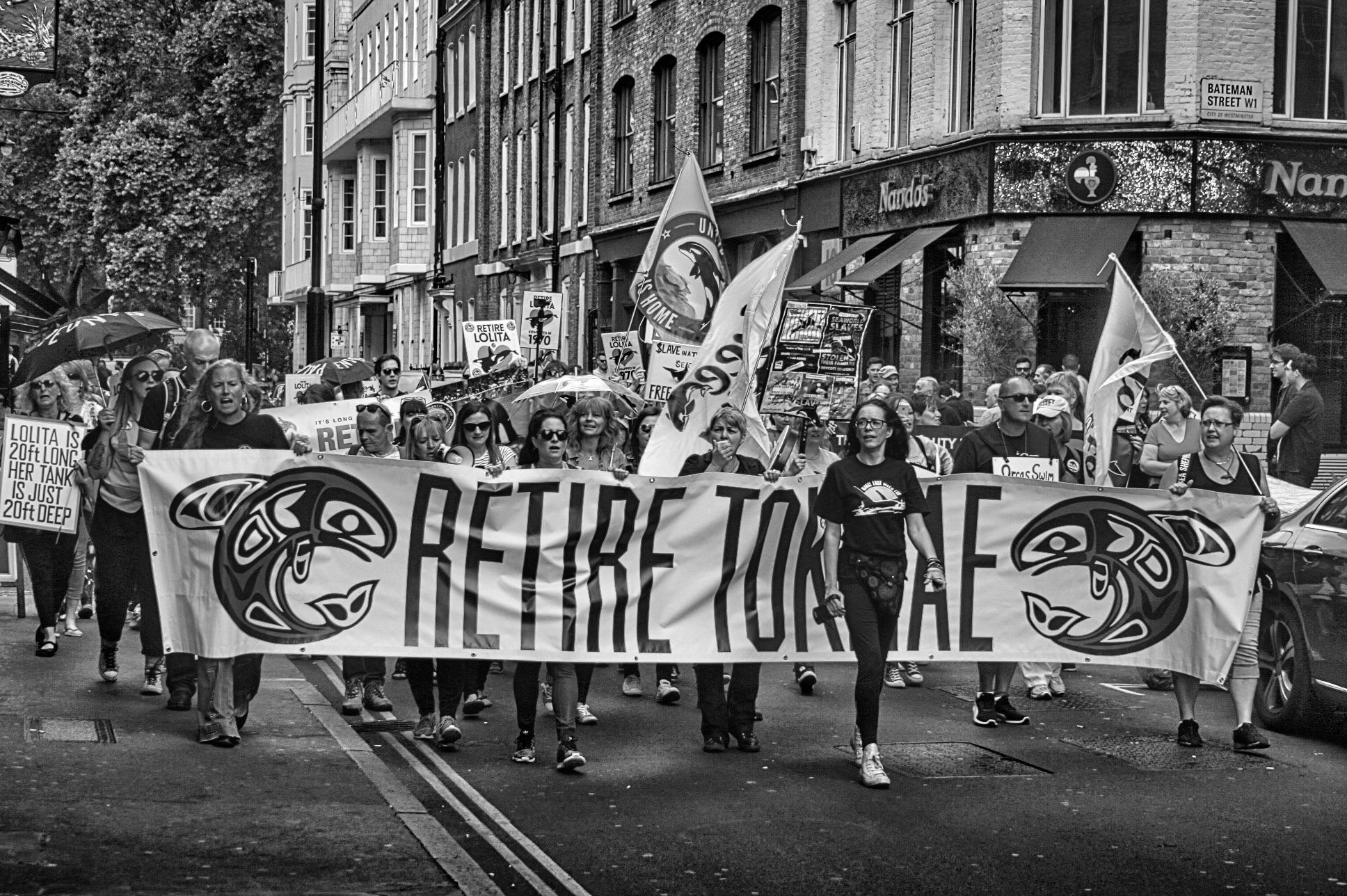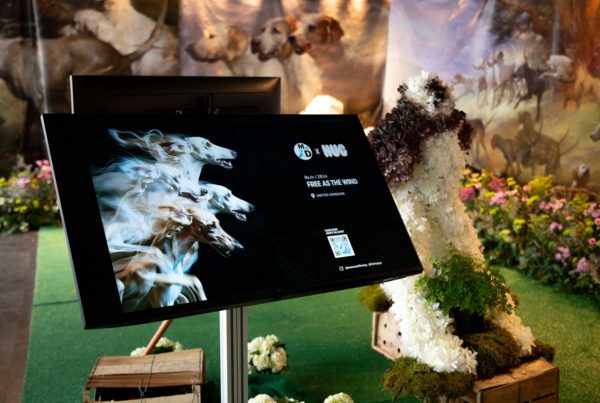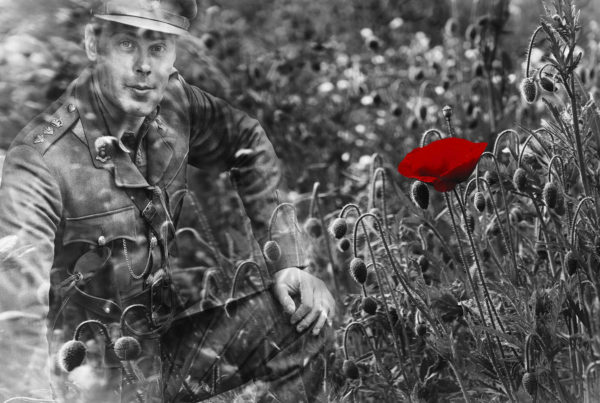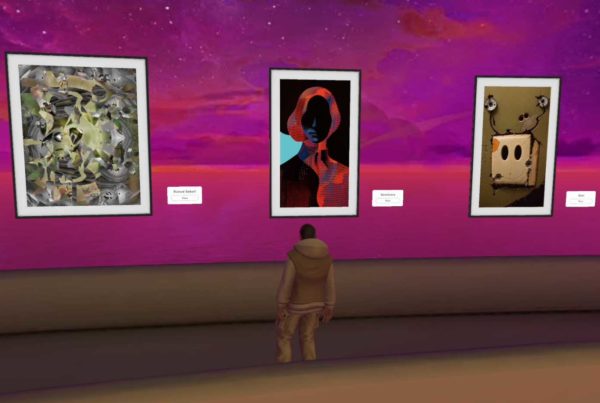Until Lolita is Home would like to send a huge thank you around the world to every person who supported Stand Up for Lolita 2018. To the hundreds of people who rallied worldwide for Lolita/Tokitae on June 16th.To the thousands that helped promote the events. To everyone who shares her story. To the Lummi nation for their support and love for her. To Orca Network for supporting us from day one.
Together, we are an ocean. We will not stop Until Lolita is Home. #United4Lolita
http://orcanetwork.org
http://sacredsea.org
http://facebook.com/untillolitaishome

Campaign Work
- I designed the ‘Until Lolita is home’ merchandise, annual badge, stickers, leaflets, and a 20ft banner.
- Organised a powerful march through London with Team Toki U.K.
- Coordinated a small team to make sandwich boards with facts about Lolita.
- Created videos and promotional graphics for both the UK and worldwide events.
- Raised over $1,000 for Orca Network & Coextinction.
- Photography and videography of the London event.
- A personal step was to have found the courage to read the speech written below to the public. A first for me!

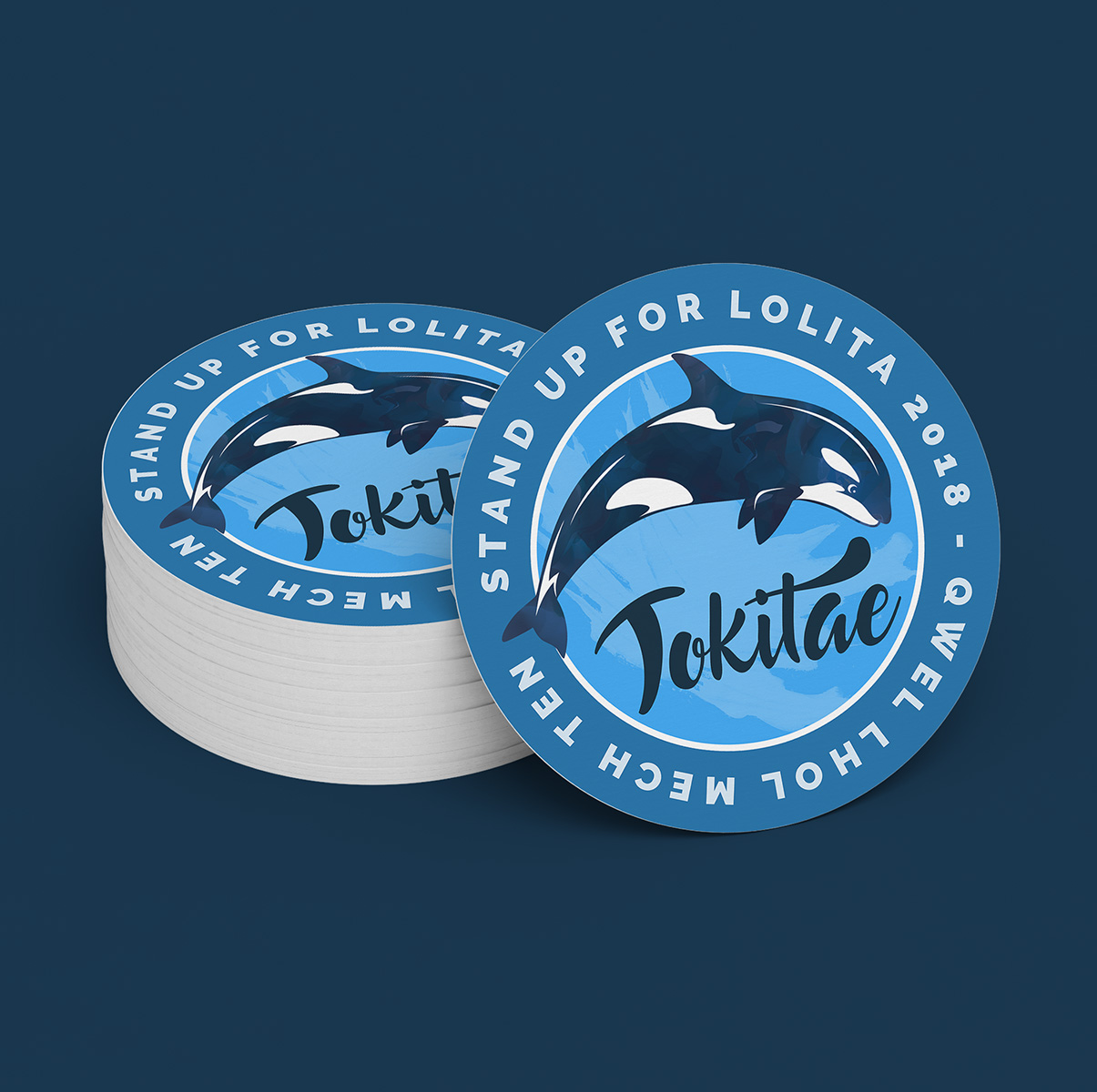
Statement from Jay Julius, Chairman of the Lummi Nation
We are here today to call for the release of the orca Lolita, also known as Tokitae. We are here today to call for her return to her mother, to her family, to her home in the Salish Sea. Many of you already know her story, how as a baby she was stolen, how she was lifted up out of the sea and taken to an aquarium thousands of miles from her home, how she has lived in a tiny swimming pool for the past 48 years. Many of you already know that, much like humans, orcas are highly evolved, intelligent, soulful beings.
What you may not know is why Lummi Nation has been called to bring her home. Lolita belongs to L-pod, one of the resident orca pods in the Salish Sea, off the coast of northwest Washington State and southern British Columbia. Lolita belongs to the Salish Sea. The Lummi people also belong to the Salish Sea. We have been there since time immemorial. We have fished the waters of the Salish Sea, and harvested the bounty of the islands. Our culture, our spirituality, our entire way of life is part of the Salish Sea, and the Salish Sea is part of us. In our way of life, everything is connected. The salmon, the orca, the eagles, the cedar trees, the people, are all connected. It is a physical ecosystem, and it’s also much more than that. We are all connected in a moral, cultural, and spiritual ecosystem.
Our Lummi language reflects this worldview. In our language, the word for killer whale translate as “our relations who live beneath the waves.” The killer whales are our kin, our family. When Lolita was stolen, our relative was stolen. We have a moral obligation, a sacred obligation, to bring her home.
Also, in many ways, Lolita’s story is our own Lummi story. Like so many Native American children, Lolita was forcibly removed from her home, her family, and her culture.
We don’t use the word culture lightly. We don’t use the word family lightly. We understand how similar we are to our orca relations. Like humans, they share tight family bonds and strong emotions. Like us, they use complex language to communicate, and they sing to each other. Each pod has its own song. Lolita still sings the L-pod song. This is the song her mother taught her when she was a baby. 48 years later, in captivity and far from home, Lolita still sings her family song. She remembers where she came from, she knows who she is, and she knows where she belongs.
In the past, human greed and bad governmental policy allowed Lolita to be stolen, just as human greed and bad governmental policy separated Lummi families, depleted our salmon runs, desecrated our sacred sites, and reduced our traditional fishing areas to just a fraction of what they once were.
That’s the historical truth.
Now, here’s the hope for the future: another way in which Lolita’s story is our story is that she has survived. As have we. She has shown great resilience. As have we. Like the children who were stolen but as adults came back to their Native families, Lolita needs to return to her family. Like the Native American communities that have healed and now thrive, Lolita’s community of orcas needs to heal and thrive. And it’s on us, the humans, to make that happen.
It’s on us, the humans, to heal the damage we’ve done to the Salish Sea and all the life that it contains. Lolita’s family depends on it. And in a very real sense, Lummi families depend on it. Like the orcas, the Lummi way of life depends on the salmon runs of the Salish Sea.
Salmon is what our resident orca pods eat, salmon is what we eat, salmon is at the center of our traditional lifeway. Lummi people, Lolita’s family, and the salmon, are all profoundly connected.
And in the bigger picture, of course, all of us across the world are connected. We are connected by the waters, by the air, by the shared experience of being alive on this earth. Our young will inherit this earth, and so we must encourage and support our youth in their efforts to heal it. As we encourage our youth to free Lolita, we encourage them to value justice and compassion, we encourage them to see the sacredness of every place and every life. As we encourage our youth to work for Lolita’s freedom, we show them how the world must be saved one cause, one fight, one killer whale at a time.
At this very moment, there are people throughout the world gathered for this very cause, hearing these very words. Please know this: Lummi Nation thanks you. We thank you for your willingness to join us in this fight. We are uplifted by your support for our relative Lolita, for our home, and for our traditional lifeways. We are all connected, we are united in this work, and so we are strong. Hy’sqe

Speech – Howard Garrett – Orca Network
Tokitae remembers her home and family
Orcas are highly developed in their first years of life, born with brains already almost 4 times the size of adult human brains. That brainpower is demonstrated in the totality of their lives — their cultural complexity, lifetime bonds, vocal sophistication, and their wide range of lifestyles and adaptability. Family is vitally important to them from day one. They don’t make nests or dens, so family members ARE their home even more than habitat. Her most important skills were how to communicate with family in the distinctive Southern Resident repertoire, and how to catch salmon.
Dr Jesse White chose her from among other captives because, he said, she was “so courageous, and yet so gentle.” He named her Tokitae (TOE-Key-Tie) a coastal Salish greeting meaning “nice day, pretty colors.” She responds to Toki.
Toki has her moods but there’s no report of her hurting herself or anyone else. She sometimes refuses to perform but she’s not known as aggressive beyond occasional threatening gestures like jaw claps. She quickly learns and performs routines day after day, rewarded with attention and fish. For the other 20+ hours of each day, she experiences only the sounds of pumps and traffic and incompatible dolphins.
She truly is unfathomably courageous and gentle. She waits, alone and confined in concrete, all day and all night except for shows and brief playtimes. How does she persevere?
How does Toki maintain her endurance, her gracious compliance, her sanity? All the other 50+ orcas delivered to theme parks from the Salish Sea before 1976 had died by 1987. Hugo effectively committed suicide in the tank with her, yet she is still going strong to this day. Did she learn her patient character and self-control from her mother and family?
Toki is believed to have been captured at about age 4, so she learned how to be a Southern Resident orca, how to communicate with her family, and how to catch salmon, long before her capture. It is safe to assume she still retains vivid memories of her life with her family in her native habitat to this day, even after 47 years in captivity. She still calls out to them in the distinct calls she learned before capture.
Tokitae learned very young to be a member of her family, her culture, and community. That shared self is her experience and isn’t forgotten, even after almost fifty years captive in a tank in Miami. She still knows who she really is, and how to be a Southern Resident orca.
If/when she returns home it won’t only give her a chance to have her life back. The eyes of the world will be on her. She’s already possibly the most famous living whale in the world, and in her native habitat, she’ll become the living, breathing icon of the Salish Sea. Her need and her family’s need for plentiful salmon and healthy waters will become the public’s determination to value her ancestral home and replenish this fragile ecosystem.
And we may all learn who she really is.


(c) Header image and speeches by C. Kempen, Protest (c) Jo Phillips

